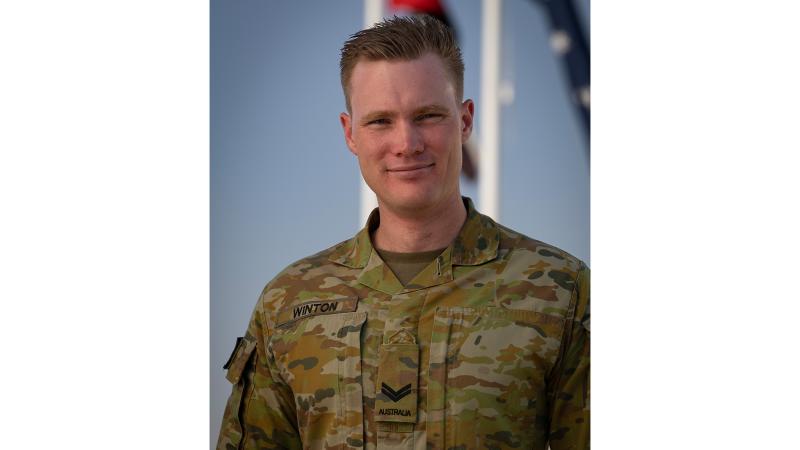12 August 2024
Not all superheroes wear capes – some wear safety glasses, white coats and carry insect repellent.
There are more than 300 species of mosquitoes in Australia, and about 50 of them are capable of transmitting disease to humans, leading to significant illness and, in some cases, death.
Mosquitoes are the focus of the Australian Defence Force Malaria and Infectious Disease Institute.
The entomologist heads up a team that captures and identifies mosquitoes, conducts risk assessments and undertakes research to develop innovative measures to protect troops in the field.
“Our focus is on protecting the fighting force so that they can protect Australia,” Major Rigby said.
“Working with the Capability Acquisition and Sustainment Group and alongside environmental health officers, we are developing soldier protection initiatives, which will greatly reduce the risk of vector-borne disease to our personnel.”
Joining the Army from academia, Major Rigby enjoys the freedom of research enabled by Defence.
“Being a scientist in the Army, we do not need to fight for grants as you would in order to do research projects in academia,” she said.
“This means we can proactively identify gaps and opportunities and focus on research where and when it is needed.”
Her team is at the forefront of innovative research into vector control.
“Science and innovation moves quickly – I am leading the team through initiatives to create change to the ADF’s force health protection measures,” Major Rigby said.
“With our latest research, we are coming up with alternative repellents and insecticides for force protection – making a real impact for the health of our troops now and for years to come.”
She believes being an Army officer gives her an advantage and insight, so that her work is of real and direct value.
“I believe in the importance of ensuring the ADF has a dedicated subject matter expert in the area of vector surveillance and control for the protection of our fighting force,” she said.
“Our research requires us to spend time working and living in the field so we know what being out in the field looks like.
“As uniformed members ourselves, we are advocating for soldiers – with the application of our research focusing and benefiting the troops directly.”


